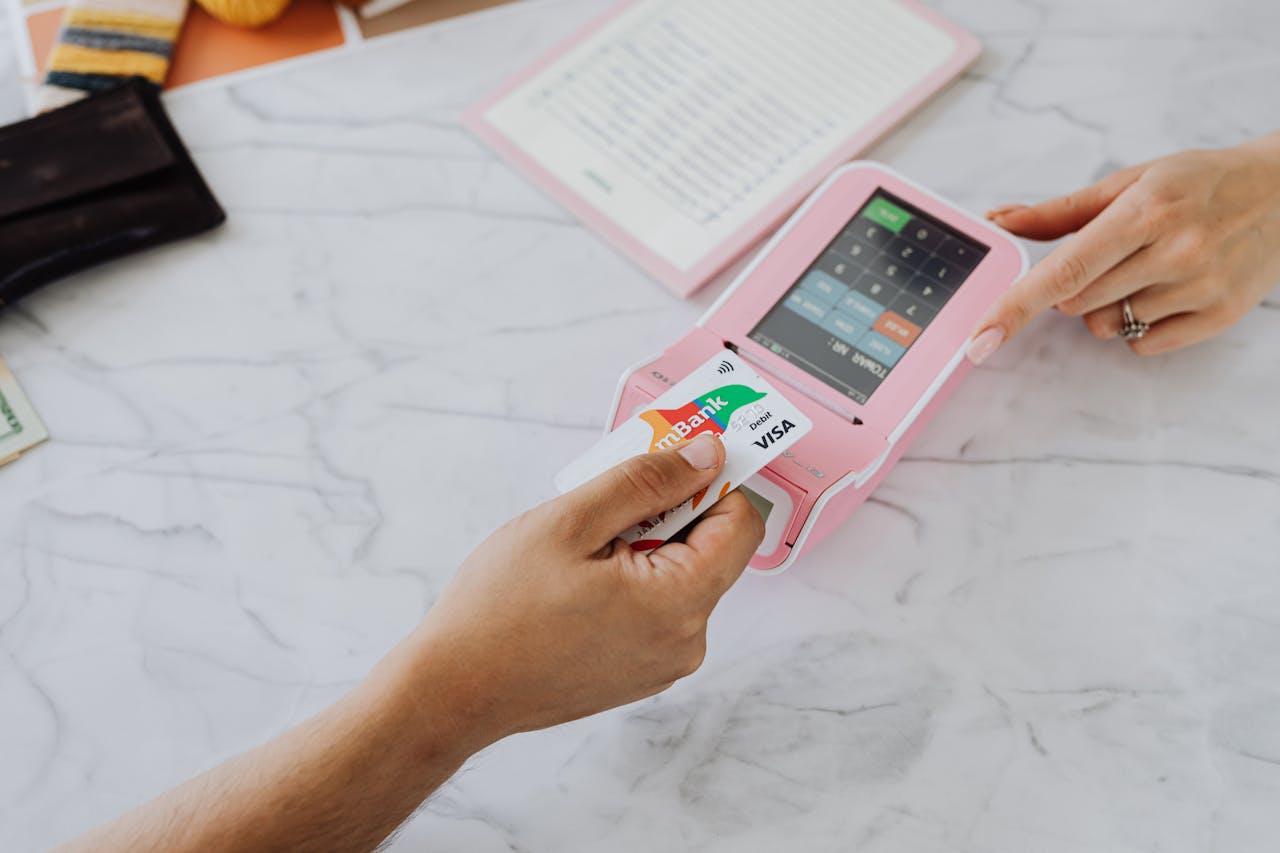Credit Card vs Debit Card Safety? Data and Case Analysis
In this era of dominant digital payments in 2025, many people still hesitate over a question that seems simple but carries real consequences: Which is safer, a credit card or a debit card?
This isn’t just about the convenience of daily spending—it directly impacts how well you’re protected against fraud and unauthorized charges. Instead of textbook definitions, let’s look at the latest fraud data from 2025 in the U.S. and Europe, real cases, and actual bank and regulatory processes to break this down fully.
1. Security by the Numbers: Which Gets Hacked More?
According to a June 2025 report from the U.S. Federal Trade Commission (FTC), credit card fraud remains one of the most common types of payment fraud. Interestingly:
- Credit card fraud has the highest number of incidents, but lower average losses per case.
- Debit card fraud occurs less frequently, but users lose more on average because the process to recover funds is slower and protections are weaker.
Data Overview (Sources: FTC and EU Consumer Protection Authority)
| Type | Avg. User Loss (USD) | Refund Success Rate | Processing Time After Report |
|---|---|---|---|
| Credit Card | $82 | 92% | 3–5 business days |
| Debit Card | $174 | 61% | 7–15 business days |
Interpretation:
While credit cards are slightly more likely to be compromised, they are much easier to recover from. Most legal frameworks shift liability to the issuer. With debit card fraud, your bank account is directly emptied, and the recovery path is complex.
2. Legal Protections: Which Gives You More Backup?
United States
- Credit cards are protected under the Fair Credit Billing Act (FCBA). You’re liable for no more than $50—often waived entirely if reported quickly.
- Debit cards fall under the Electronic Fund Transfer Act (EFTA). If you don’t report fraud within 2 business days, you may lose up to $500. After 60 days, you may lose all stolen funds.
Europe
- The EU Payment Services Directive 2 (PSD2) applies to all electronic payments.
- However, in practice, banks are more lenient with credit card fraud claims and have smoother dispute systems.
Conclusion:
The legal framework around credit cards is more protective. Debit card fraud places greater pressure on you to act quickly and advocate for yourself.
3. Real Case Studies
Case 1: IT Engineer in London, UK – Credit Card Fraud
In March 2025, James, a London-based software engineer, had his credit card used without authorization to book a hotel on a travel site—£890 in total. He filed a dispute via his mobile banking app the same day. The funds were refunded within 3 days, and the bank helped him freeze and replace the card.
Case 2: Freelancer in Berlin, Germany – Debit Card Fraud
Around the same time, Anna, a freelancer in Berlin, shared her bank details during a fake Apple support call. €2,100 was withdrawn within 3 hours. She failed to detect and report it immediately. Her bank reimbursed only €600; she had to absorb the rest.
4. Convenience vs Safety: What Are You Trading Off?
Many people prefer debit cards because “spending my own money feels safer.” But this transparency can backfire:
- Every debit card transaction deducts from your balance in real time. If hacked, your account can be drained instantly.
- Credit cards offer a buffer period: you get a billing cycle and time to dispute charges. Financially and psychologically, the pressure is much lower.
Also, in both the U.S. and Europe, credit cards are the preferred payment method for subscriptions, rentals, and hotel pre-authorizations—not just for convenience, but for security. These businesses don’t want the dispute headaches tied to debit cards.
5. Expert & Practical Advice
Expert Opinion
“Looking at legal frameworks and financial protections, credit cards are clearly safer across the U.S. and Europe—especially for online and international use.”
— Linda Evans, Professor of Consumer Finance, Harvard University
Everyday Protection Tips
- Assign separate usage for credit and debit cards.
- Enable SMS and app notifications to catch suspicious activity instantly.
- Review your statements regularly. Use virtual cards for extra protection.
- Use Apple Pay or Google Pay to avoid exposing your card numbers directly.
Final Thoughts
If you value the security of your funds, need stronger legal protection, and frequently shop online or travel abroad, credit cards are the safer choice. Debit cards may feel straightforward—but if something goes wrong, the cost and effort of recovery can be far greater.
Instead of just thinking about convenience, consider the data, the law, and real-world experiences. That little piece of plastic deserves a second look.
Best Family Credit Cards of 2025: Top Picks for Everyday Life
Why You Should Never Use a Debit Card Hotel Booking
Virtual Cards vs Digital Wallets: What’s the Real Difference?



